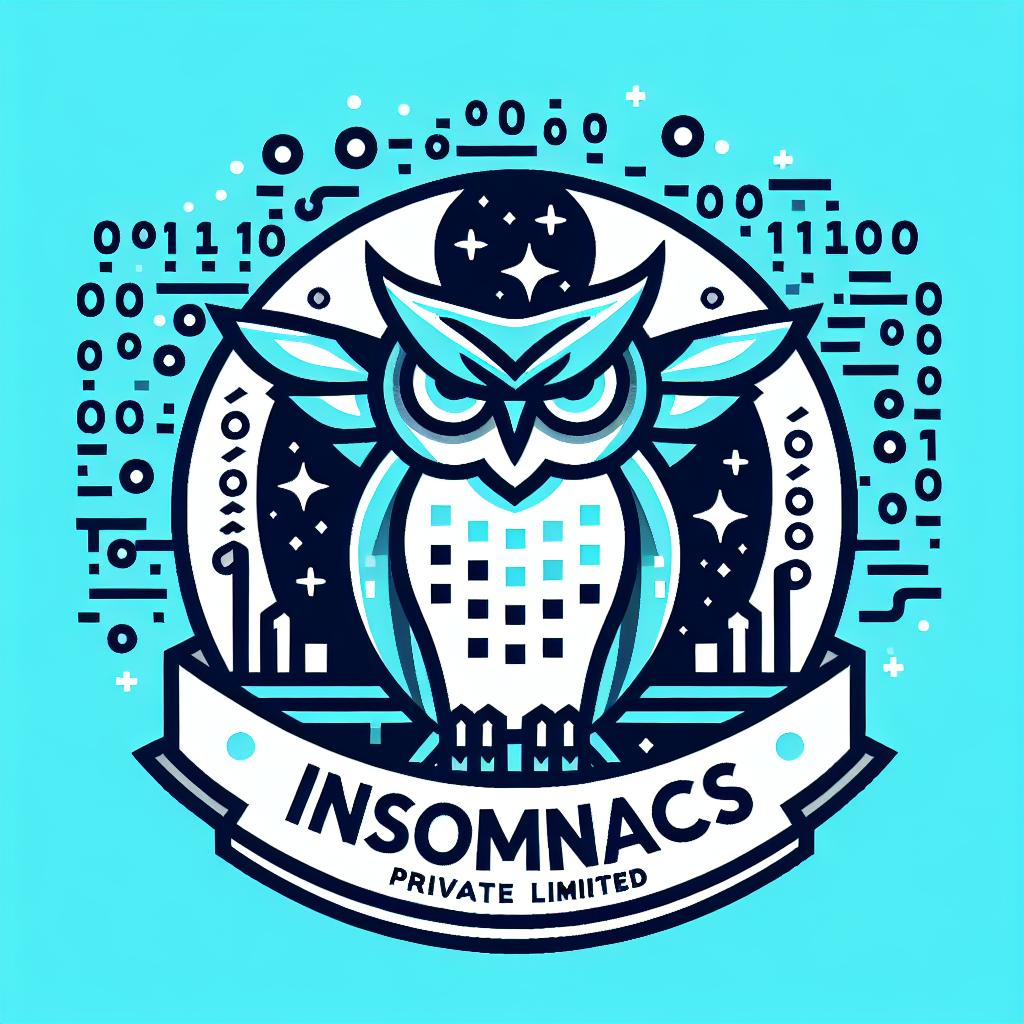Screen Time's Impact on Sleep: A Norwegian Study
Research indicates one hour of screen time before bed can increase insomnia risk by nearly 60%, reducing sleep by 30 minutes. A study involving over 45,000 Norwegian students found no major differences in screen activities, emphasizing that screen use itself disrupts sleep patterns, impacting mental health and academic performance.

- Country:
- India
An eye-opening study from Norway suggests that spending just one hour on screens before bed can dramatically increase the risk of insomnia by almost 60% while reducing sleep time by approximately 30 minutes.
The extensive research, involving over 45,000 students aged 18 to 28, investigated their bedtime screen habits, finding no significant difference between types of content like social media or movies.
Lead author Gunnhild Johnsen Hjetland pointed to screen use itself as the primary factor disrupting sleep, rather than specific activities, citing major implications for students' mental health and academic success.
(With inputs from agencies.)
Advertisement
ALSO READ
Everyday Discrimination: A Public Health Crisis Impacting Mental Health
Supreme Court's National Task Force Takes Charge of Student Mental Health
Fixing the Youth Mental Health Crisis: Data-Driven Solutions for a Safer, Healthier Future
Debating the Digital Decline: Social Media's Impact on Youth Mental Health
Screen Time: The Teen Sleep and Mental Health Connection










